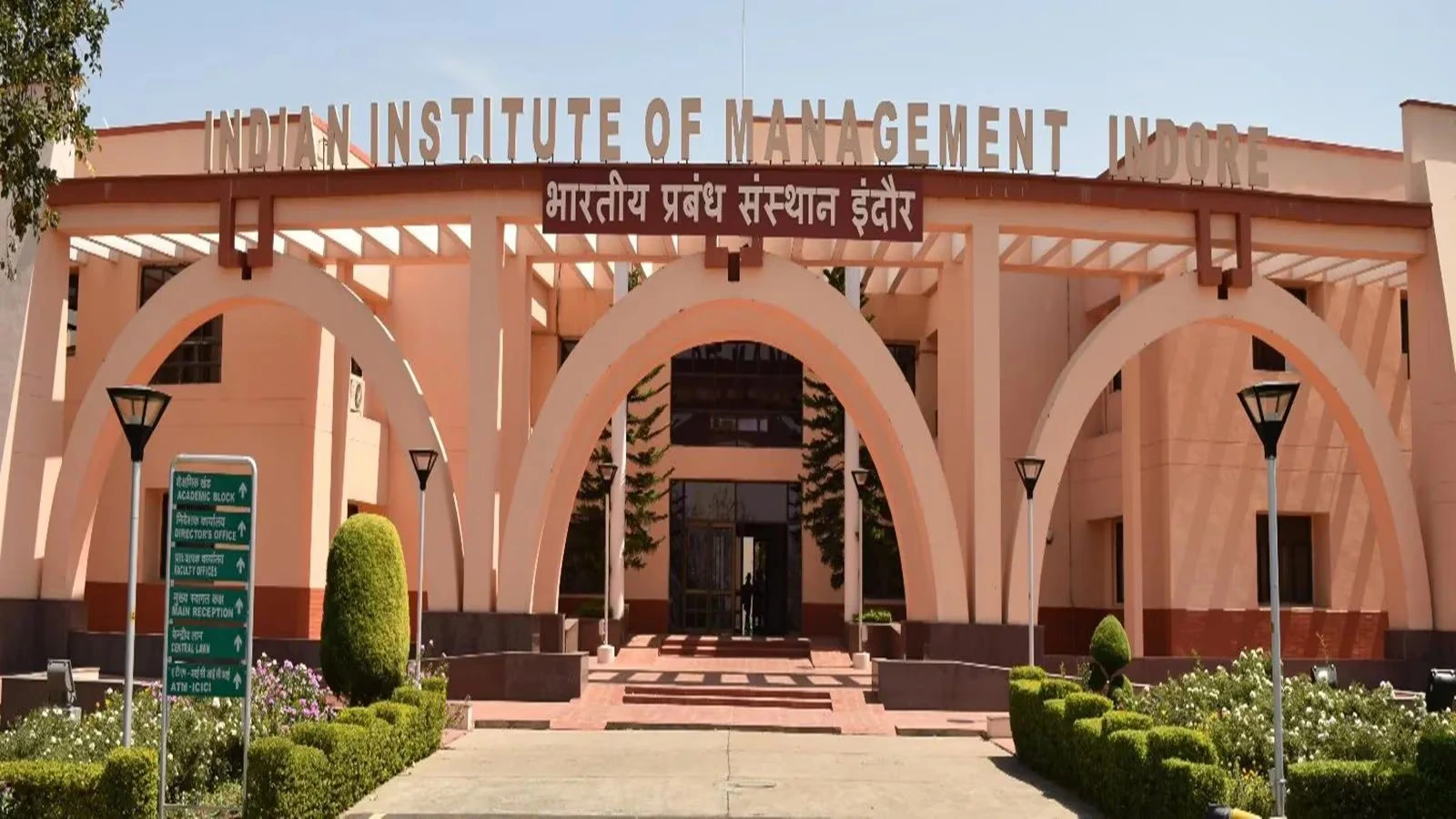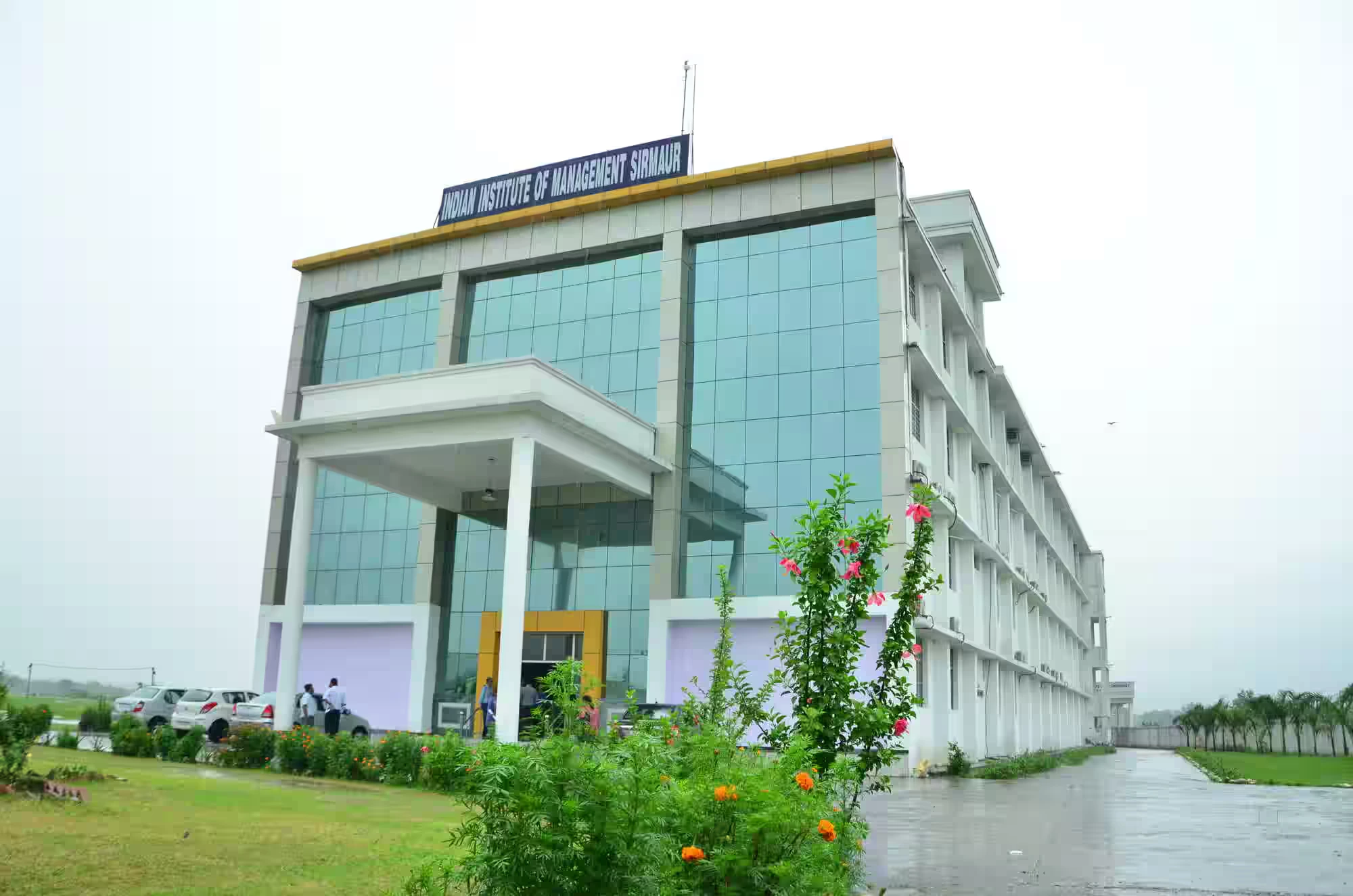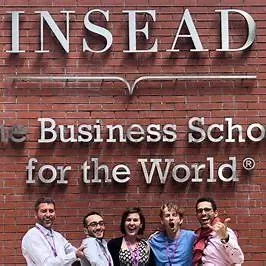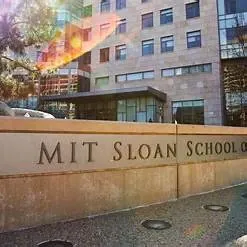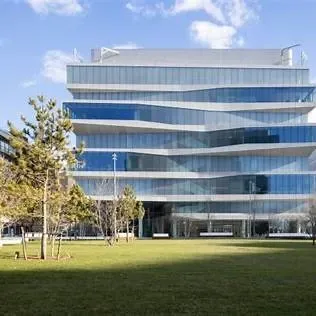
Career Advancement
An Executive MBA opens doors to senior leadership roles by equipping
professionals with advanced business skills and strategic thinking capabilities. Many EMBA
graduates see significant career
progression, including promotions to C-suite positions (CEO, CFO, COO, etc.), department heads,
or directors.

Enhanced Leadership and Strategic Thinking
The curriculum of an EMBA focuses on leadership development, decision-making under uncertainty,
and strategic problem-solving. These skills are essential for navigating the complex business
landscape and driving organizational growth.

Expanded Professional Network
One of the most valuable aspects of an EMBA is the opportunity to network with high-caliber
professionals from diverse industries. The relationships built during the program can lead to
new business partnerships, career opportunities, and industry insights that can be instrumental
in career growth.

Global Exposure and International Learning Opportunities
Many top EMBA programs offer international immersion trips, exchange programs, and global
business projects that provide firsthand exposure to international markets. This global
perspective helps executives make informed business decisions in an increasingly interconnected
world.

Real-Time Application of Knowledge
Unlike traditional MBAs, where students primarily focus on theoretical concepts, EMBA
participants apply their learnings directly to their current job roles. This
immediate application enhances the learning experience and provides tangible benefits to both
the
individual and their organization.




